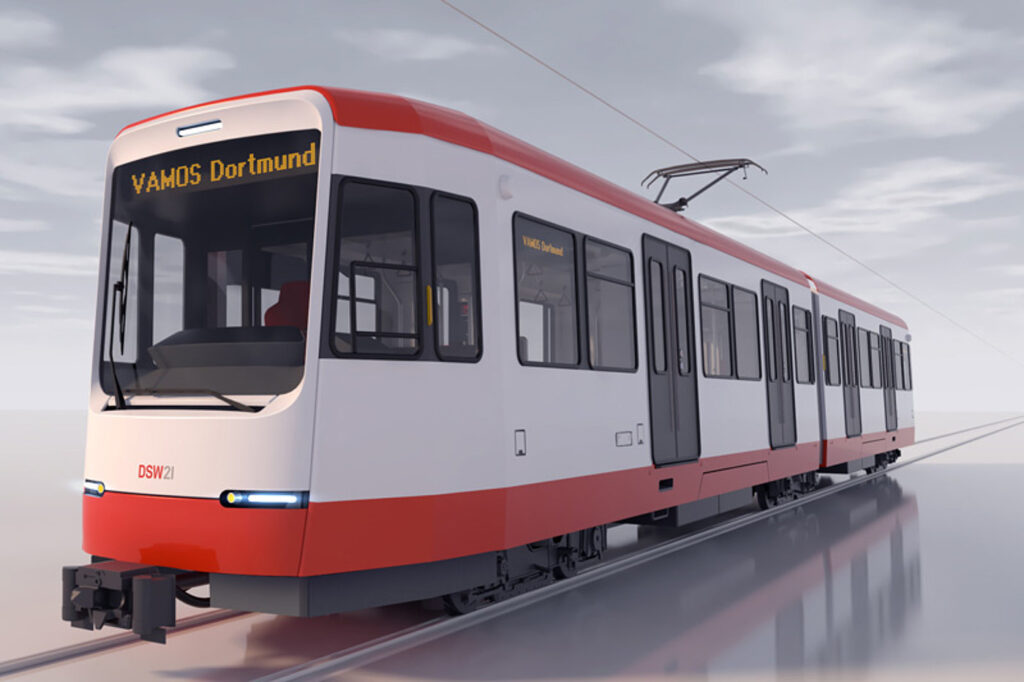
Introduction
Dortmund, Germany, is a city renowned for its rich industrial heritage and vibrant cultural scene. With a population of over 600,000, it is one of the largest cities in the Ruhr area and plays a significant role in the economic development of the region. The city is not only known for its impressive football team, Borussia Dortmund, but also for its commitment to innovation, technology, and cultural diversity. As cities around the world adapt to new societal challenges, Dortmund’s evolution presents a fascinating case of resilience and revitalization.
Recent Developments
In recent years, Dortmund has witnessed significant urban development projects aimed at revitalizing its infrastructure and enhancing the quality of life for its residents. For instance, the city has made substantial investments in sustainable transportation solutions, including expanding its tram network and promoting cycling. In addition, Dortmund’s city center has undergone renovations that enhance its appeal, showcasing historic architecture alongside modern commercial developments. Furthermore, the city’s commitment to economic diversification is evident through its focus on technology and innovation, particularly in the fields of information technology and renewable energy.
Cultural Significance
Dortmund’s cultural offerings are diverse, featuring world-class museums, theaters, and galleries. For example, the Museum Ostwall displays modern art and cultural history, while the Konzerthaus Dortmund is known for its excellent acoustics and hosting a variety of musical performances. The city’s cultural calendar is packed with events, such as the annual Dortmund Christmas Market and the U festival, focusing on contemporary art and urban culture, which attract tourists and locals alike.
The Role of Football
No discussion of Dortmund would be complete without mentioning its iconic football club, Borussia Dortmund (BVB). Founded in 1909, BVB has become a symbol of pride for the city and boasts a passionate fan base. Their home matches at Signal Iduna Park often draw crowds of over 80,000, becoming a vibrant display of community spirit. BVB’s recent performance in the Bundesliga highlights its competitiveness and potential for success, further putting Dortmund on the map within the sports arena.
Conclusion
As Dortmund continues to evolve, it remains a city that blends historical significance with modern innovation. Its successful urban development projects, commitment to sustainability, and rich cultural heritage testify to its resilience in adapting to contemporary challenges. For residents and visitors alike, Dortmund offers a unique mix of opportunities and experiences that deserve to be celebrated. The city’s future looks promising, with ongoing initiatives aimed at enhancing living conditions and fostering an inclusive, dynamic community.



